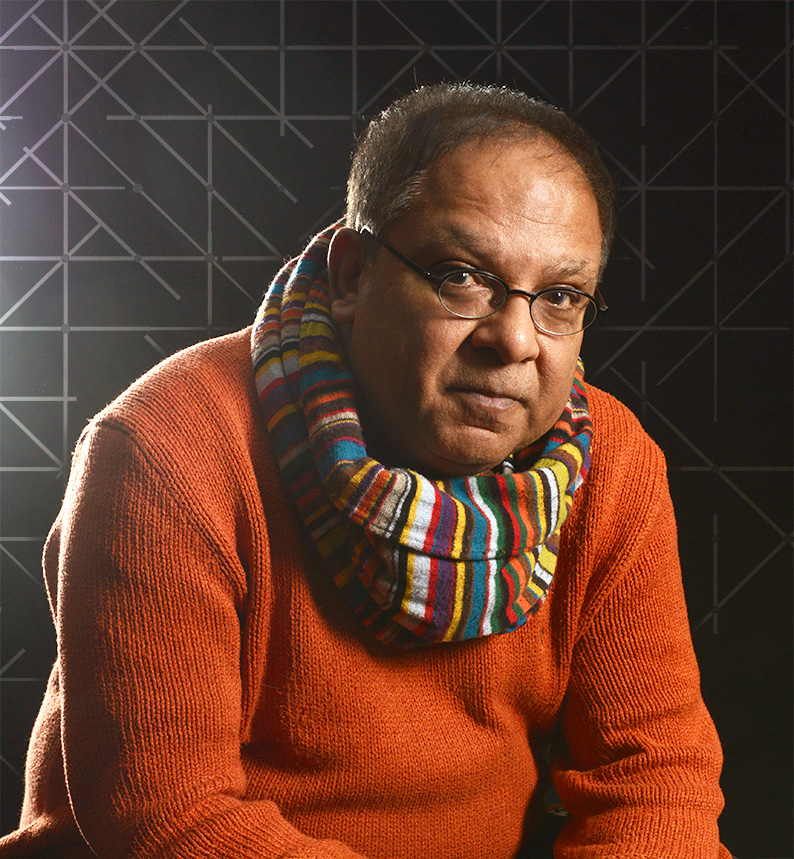One of my favourite Christmas movies, Love Actually portrays vignettes of all aspects of love.
Babysitting my boys one evening, sending one to bed and telling the other to keep quiet or else, my mind slipped into the past when a poor working class English family took me in—my single mother unable to look after me.
My foster family had six kids and not a penny to rub between them. My mother had nothing to give them. They lived in a cheap “council” housing estate. I was five years old, just come off the boat from Africa and couldn’t speak English. To cap it all, I was the only person of colour in the whole rough and tumble neighbourhood.
In my travels I met Filipina workers, qualified with university degrees, working as caretakers or nannies for decades—sending all they earned back home to help their parents survive, their siblings get through college—never able to save enough to go back home even for a visit.
Along a beach in Africa, a gnarled grandmother sold a dozen yams baked on a makeshift grill. Her purpose? To feed grandchildren whose parents had died of AIDS.
A taxi driver in Cyprus once loaned me 50 Euros (US $75 at that time) as I had left my wallet at home. He even volunteered to pick me up after the movie.
What overwhelms me, when I think of each person, was not their generosity but their thinking, exercising what they thought was their unconditional duty. They never once considered their circumstances or the sacrifices that decision entailed. Almost like breathing, they reacted without giving it a second thought.
In the opening sequence to Love Actually, the voice of Hugh Grant surmises:
“When the planes hit the Twin Towers, as far as I know, none of the phone calls from the people on board were messages of hate or revenge. They were all messages of love. If you look for it, I’ve got a sneaky feeling you’ll find that love, actually, is all around.”
Merry Christmas to one and all.


